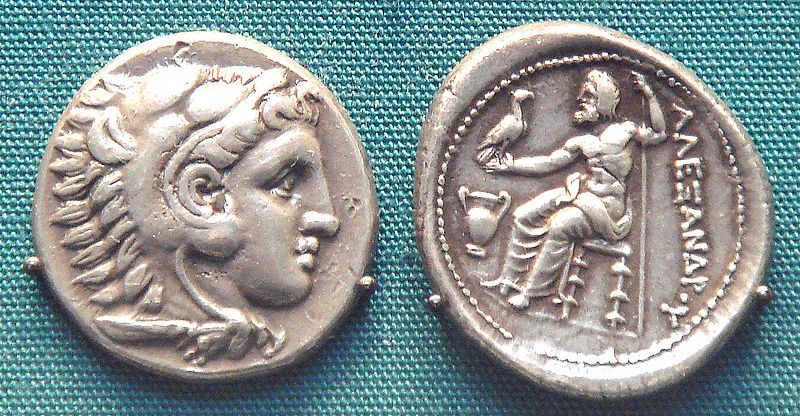Ioannis Kotoulas
Historian
(Translation into English by Athan).
On February 1993 in the College Wellesley of Massachusetts a lecture was given regarding the ancient Egyptian civilization. The speaker, Yosef A. A. Ben Jochannan was presented by the event organizers as a “distinguished Egyptologist”. During his lecture Jochannan more or less supported that the ancient Greeks practically stole their civilization from Egypt, that philosopher Aristotle went to Alexandria along with Alexander the Great to visit the library which Aristotle eventually sacked in order to write his works.
During questions, a professor of classical studies named Mary Lefkowitz asked the lecturer why he would claim something like that when Alexandria acquired its great library well after the death of Aristotle, and moreover, the Greek philosopher never visited Egypt. Jochannan refused to answer, accusing Lefkowitz for empathy and negative stance towards the opinions of the black population. After the lecture many students accused Lefkowitz for racism and a one way comprehension of history. Indeed, what is happening in the American universities?
Afrocentrism is an ideological movement with historical and political extensions, which has spread through many universities across the Atlantic especially during the 90s. It is a branch of a new wave of political correctness that swept the American society during the last decade.
The supposed basic core of the beliefs of afrocentrism is shaped as thus: Mother of civilization – especially of Western civilization – is .....
Friday, March 12, 2010
Thursday, March 04, 2010
Hellenistic coins dating back Alexander the Great’s era found in northern Syria
Washington, March 3 : Reports indicate that a collection of Hellenistic coins dating back to the era of Alexander the Great in northern Syria have been found by a local man
According to a report in Global Arab Network, a local man found the coins near Najm Castle in the Manbej area in Aleppo governorate, as he was preparing his land for construction, uncovering a bronze box that contained around 250 coins.
He promptly delivered the coins to the authorities who in turn delivered them to Aleppo Department of Archaeology and Museum.
Yousef Kanjo, the director of archaeological excavations at Aleppo Department of Archaeology and Museum, said that the box contained two groups of silver Hellenistic coins: 137 tetra drachma (four drachmas) coins and 115 drachma coins.
One side of the tetra drachma coins depicts Alexander the Great, while the other side depicts the Greek god Zeus sitting on a throne with an eagle on his outstretched right arm.
34 of these coins bear the inscription “King Alexander” in Greek, while 81 coins bear the inscription “Alexander” and 22 coins bear “King Phillip.”
The drachma coins bear the same images as the tetra drachma, with “Alexander” inscribed on 100 of them and “Philip” on 15 of them.
http://newstiger.in/?p=12300
According to a report in Global Arab Network, a local man found the coins near Najm Castle in the Manbej area in Aleppo governorate, as he was preparing his land for construction, uncovering a bronze box that contained around 250 coins.
He promptly delivered the coins to the authorities who in turn delivered them to Aleppo Department of Archaeology and Museum.
Yousef Kanjo, the director of archaeological excavations at Aleppo Department of Archaeology and Museum, said that the box contained two groups of silver Hellenistic coins: 137 tetra drachma (four drachmas) coins and 115 drachma coins.
One side of the tetra drachma coins depicts Alexander the Great, while the other side depicts the Greek god Zeus sitting on a throne with an eagle on his outstretched right arm.
34 of these coins bear the inscription “King Alexander” in Greek, while 81 coins bear the inscription “Alexander” and 22 coins bear “King Phillip.”
The drachma coins bear the same images as the tetra drachma, with “Alexander” inscribed on 100 of them and “Philip” on 15 of them.
http://newstiger.in/?p=12300
Subscribe to:
Comments (Atom)




